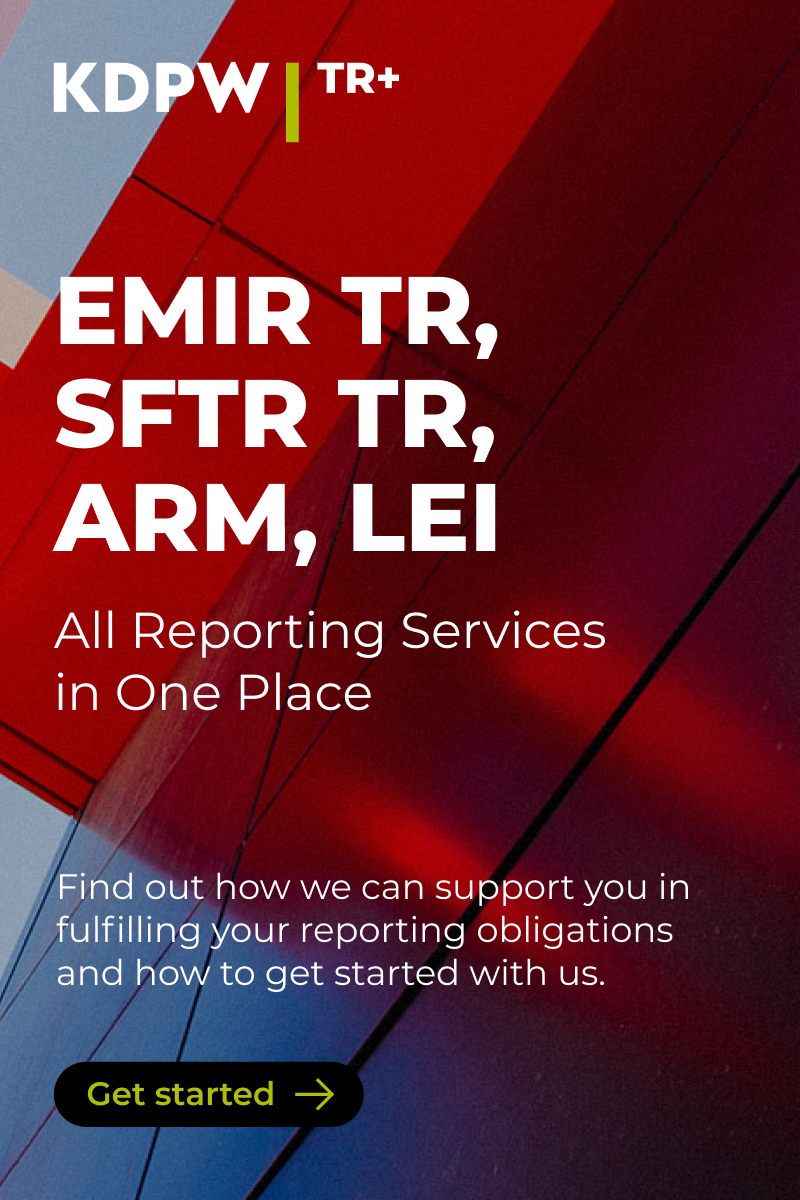Data requirements and target market rules under MiFID II could pose challenges for asset managers and distributors, heard attendees of the ALFI European Asset Management Conference.
Martin Parkes, director of government affairs and public policy at Blackrock, noted that the requirements under MiFID II are one part of a broader set aimed at better product governance from manufacturers, and a drive for them to link with distributors with regards to suitability.
One of the big differences between the first and second iterations of the directive is the “idea of continuity”, Parkes said. “When you have launched a product, you continue to own it.”
Manufacturers must see that a product continues to match “the label you set for it at the start”, and while it may be a challenge to support distributors in meeting the 1 January 2018 compliance deadline, the directive also “poses ongoing obligations”. He added: “MiFID II doesn’t stop in January.”
Andreas Stepnitzka, a senior regulatory policy adviser at the European Fund and Asset Management Association, suggested that the onus on making the target market obligations work is “more on the industry”. He said data is going to shape the industry, going forward, and that there must be interaction with regards to data and standardisation.
The industry is “trying to understand what the standard is”, he said, asking: “What is the right amount of information to fulfil the MiFID requirement?”
Stepnitzka said: “We have to have a discussion with many industry players to come up with one starting point that will be the basis for future developments.”
Parkes added that data itself is “never by itself constitutive of information”.
Asset managers have to be careful when deciding what data they want and in which format, in order to “drive good decision making”.
Following implementation of MiFID II, Parkes said he expects to see firms working with key distributors to better understand more about what happens beyond the intermediary nominee account, to understand client types that are interested in the funds, and how they might react to change.
This could also be useful to help with liquidity risk management in the future, he said, adding: “More detailed, more granular investor-type information could be very valuable.”



